Upset Stomach in Dogs
Dogs sometimes eat things they shouldn’t, leading to upset stomachs. It’s a common problem that can make any dog owner worried. Dogs might show signs like vomiting, diarrhoea, or being less active.
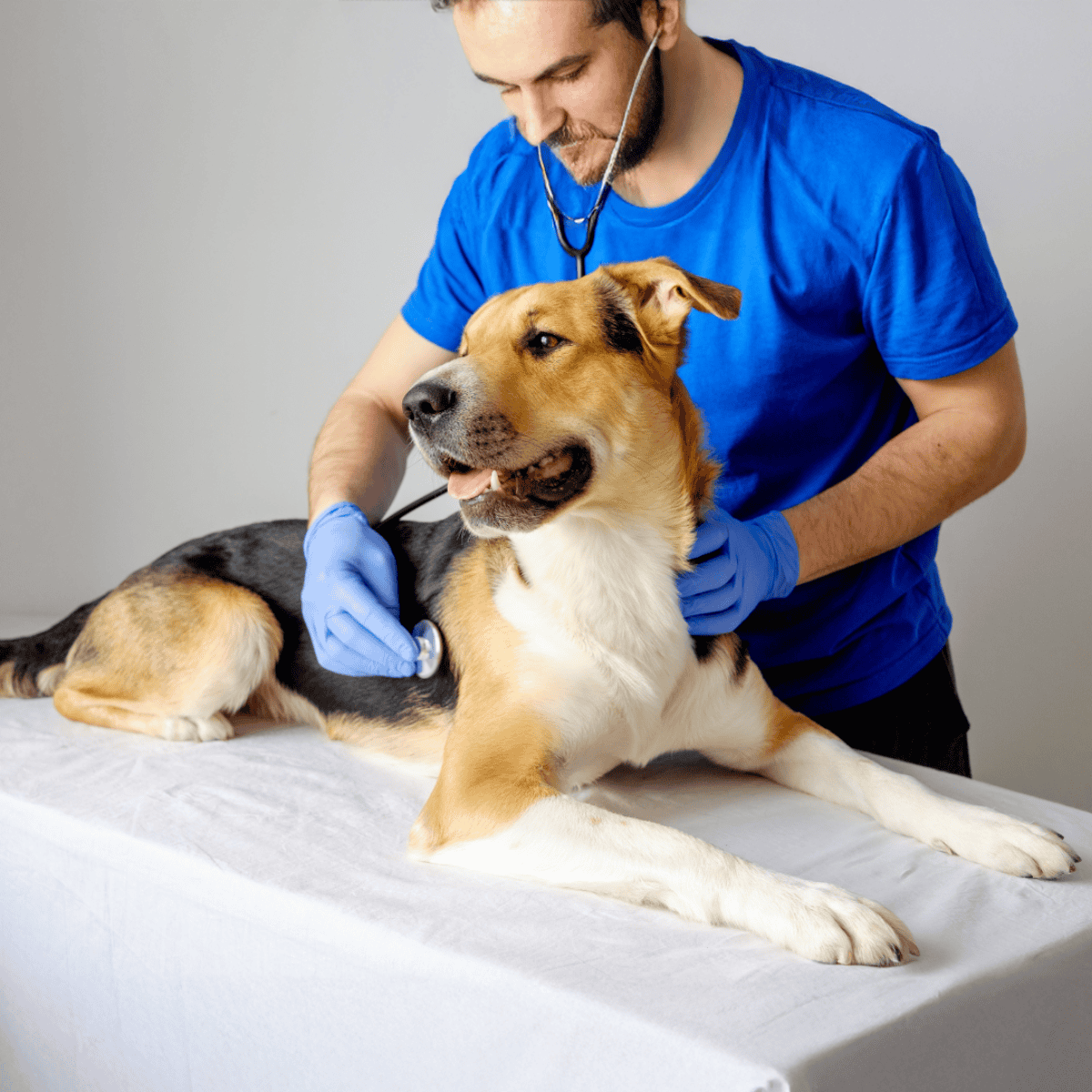
Diet changes or treats can cause an upset stomach in dogs. Identifying the cause can help in managing the symptoms. Keeping an eye on what your dog eats is important, along with providing them with balanced meals.
Watching your pet closely and knowing signs of distress can keep them safe. If symptoms persist, visiting the vet is the best course of action. Understanding the causes helps in preventing future occurrences.
Understanding Upset Stomachs in Dogs
An upset stomach in dogs can cause discomfort and worry. It often leads to symptoms like vomiting, diarrhoea, and lethargy. These signs can be linked to several causes. These causes include eating spoiled food, sudden changes in diet, eating foreign objects, bacterial or viral infections, and allergies.
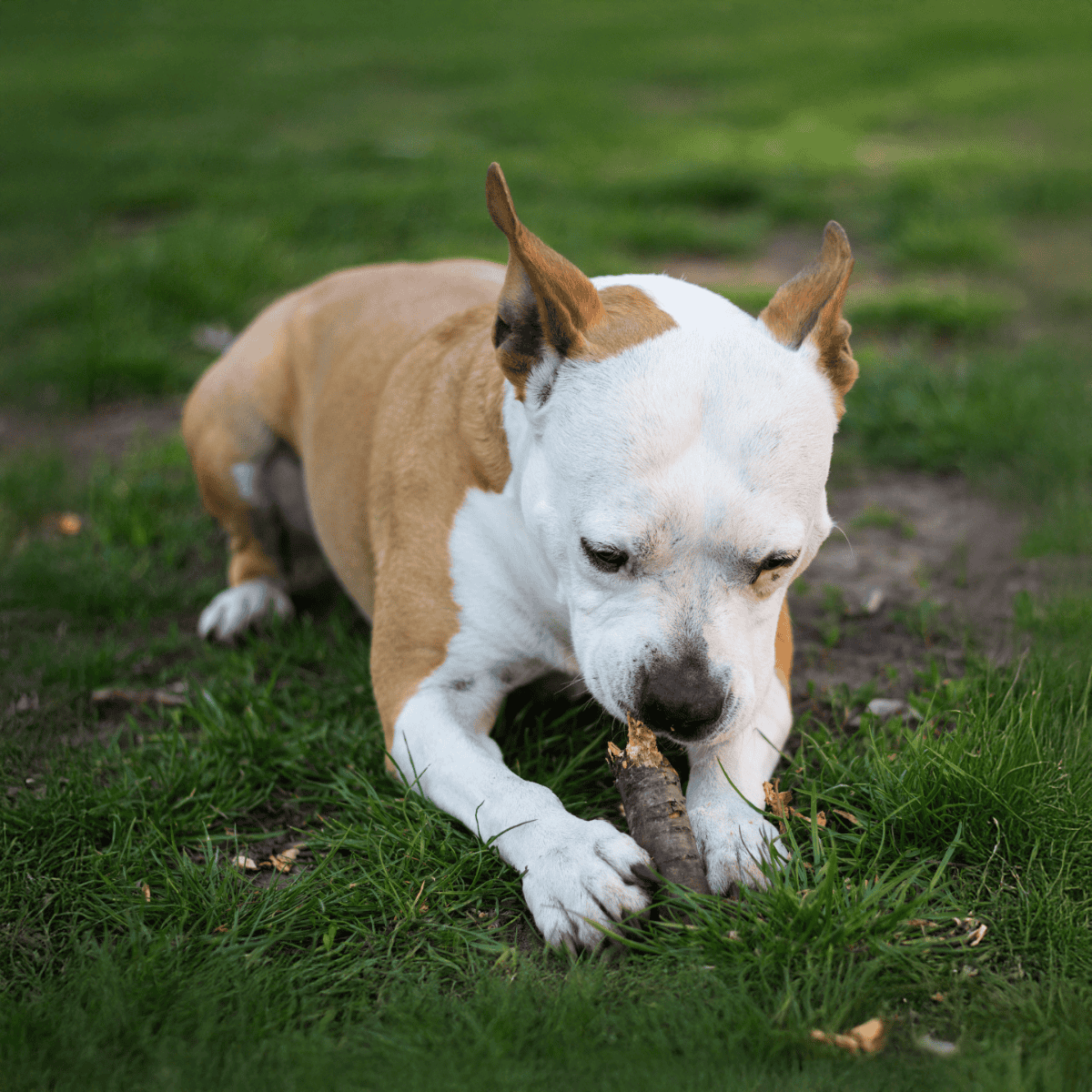
Common Symptoms:
| Symptom | Description |
| Vomiting | Ejecting contents of the stomach |
| Diarrhoea | Loose or liquid stools |
| Lethargy | Lack of energy |
| Loss of appetite | Not eating regularly |
Sometimes, their upset stomach might be mild. Other times, it could need immediate medical attention, especially if symptoms are persistent and getting worse.
Owners can prevent their dogs from getting upset stomachs by keeping garbage out of reach. Since dogs might ingest what they find in the trash, it is also necessary to make sure that they have fresh water at all times.
Dirty water can transmit bacterial infections and parasites. Proper feeding portions should also be given to pets. Feeding them too much might cause digestive problems.
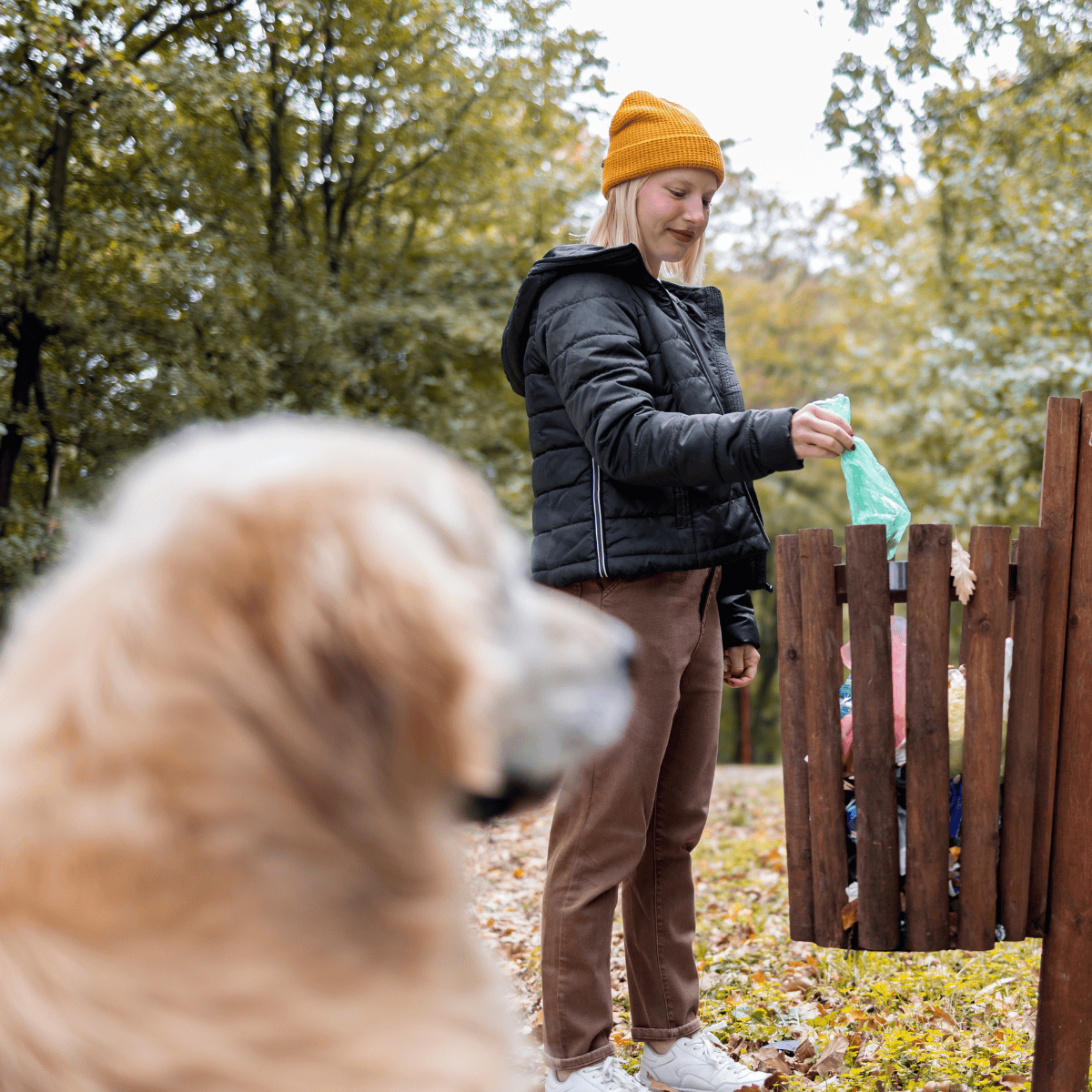
Some causes of an upset stomach may become severe if untreated, so it’s important to consult a vet. Dogs can’t communicate their pain, so noticing changes in behaviour and physical symptoms is crucial to providing care.
When to Visit a Vet
Knowing when to take a dog to the vet for an upset stomach can keep your pet healthy. If symptoms are severe or last too long, immediate action is needed.
Emergency Symptoms
If a dog has severe vomiting or diarrhoea, it might be an emergency. If these symptoms persist for more than 24 hours, consider it serious. Blood in vomit or stool is another alarming sign. Refusing food or drink, even for a short time, signals trouble.
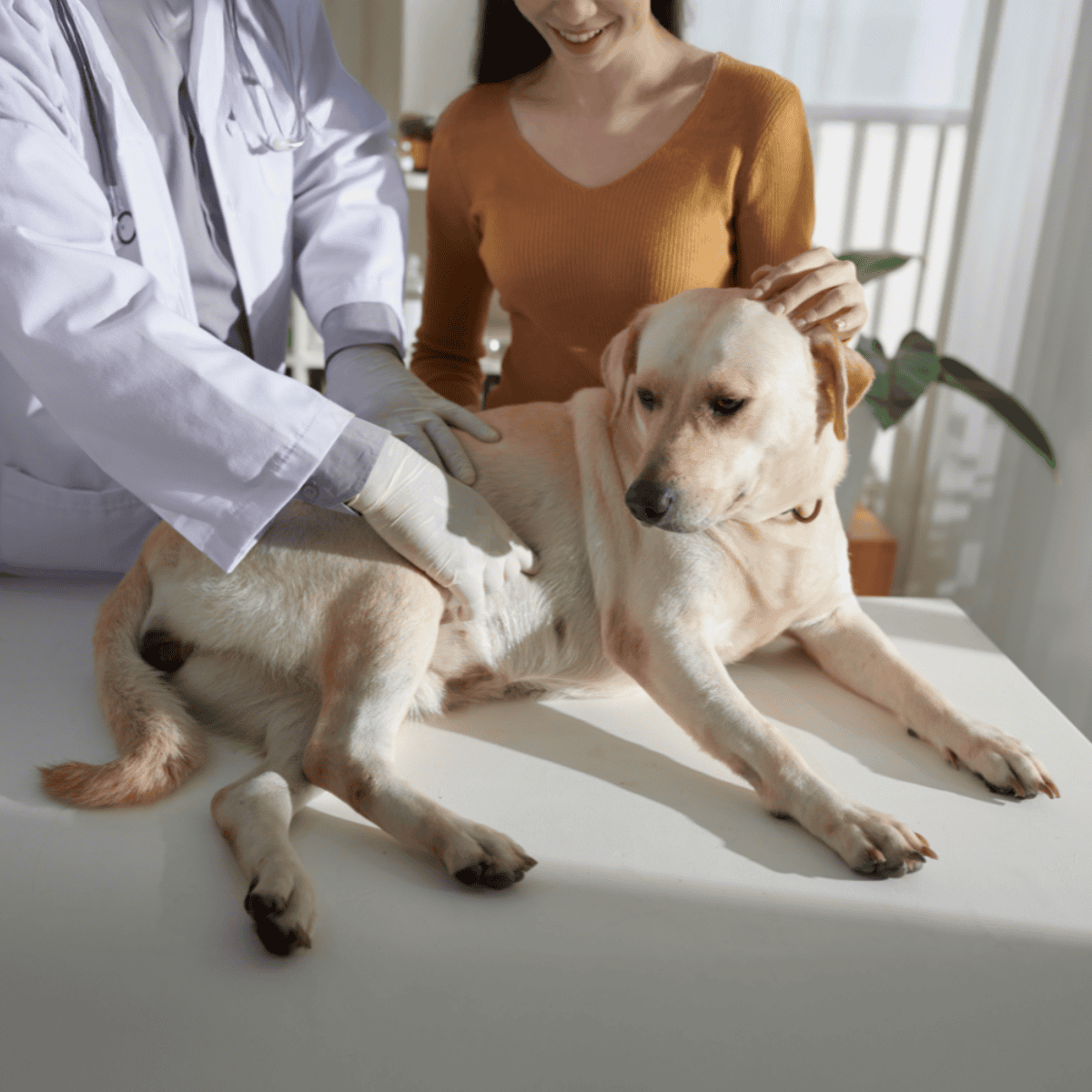
Persistent pain signs, like whining or yelping, require urgent attention. Abdominal swelling or bloating can suggest serious conditions, like gastric torsion. Look for dehydration signs, such as gums that feel sticky.
Dogs with a high fever should see a vet right away. Use a rectal thermometer; over 103°F is considered a fever. Laboured breathing is a big warning sign. Such symptoms need prompt medical evaluation to prevent further complications.
Routine Check-ups
Dogs often have minor stomach issues that resolve quickly. However, regular vet visits are important for maintaining health. Regular check-ups help detect underlying issues early. They enable vets to offer dietary or lifestyle advice that can prevent future problems.
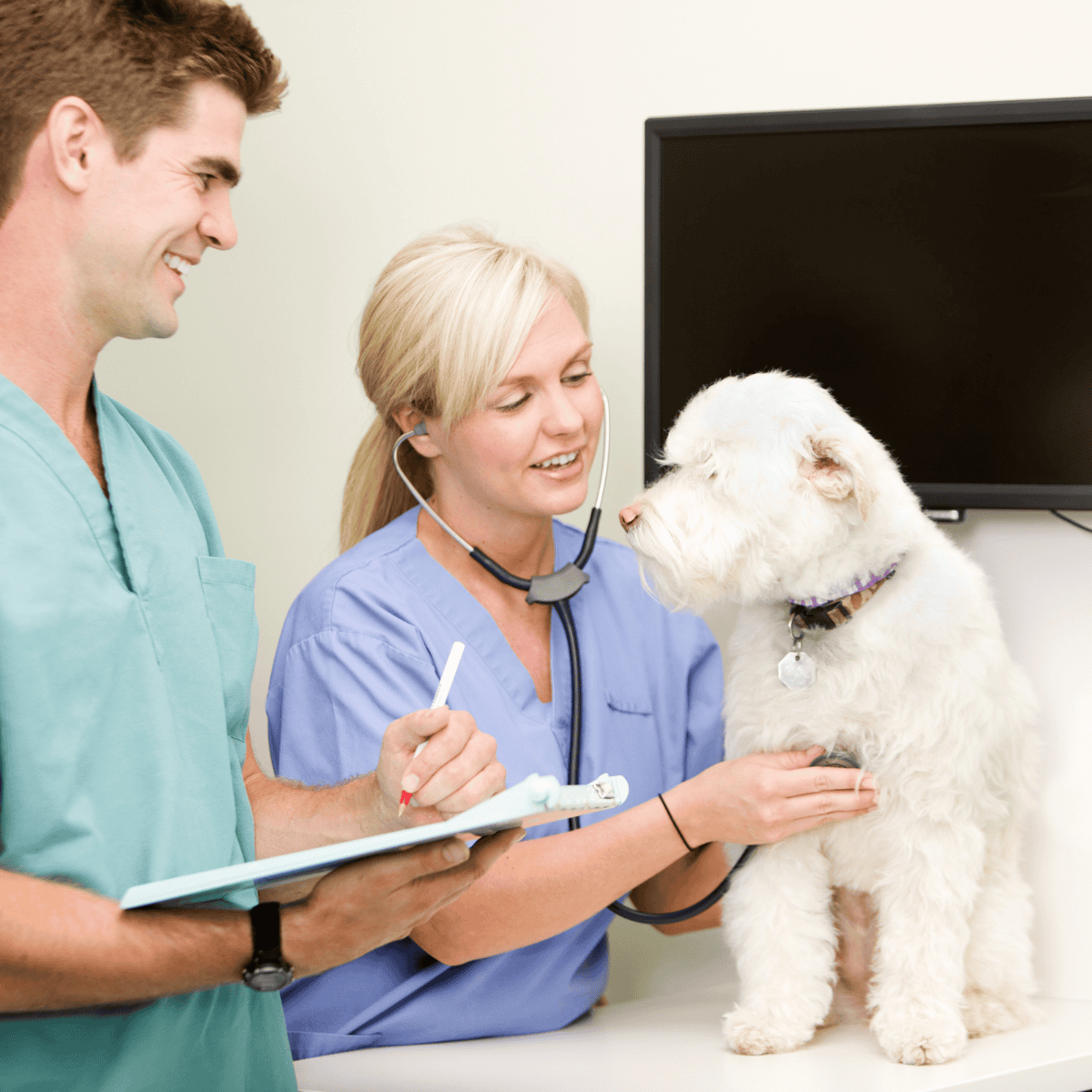
Discuss any ongoing, mild stomach issues during these visits. Small changes in behaviour, like eating grass more frequently, can indicate digestive problems. Tracking changes over time provides valuable information.
Vaccinations and preventive care updates are part of routine care. Issues identified during routine checks can be addressed before they become serious. Even when the dog seems healthy, routine visits play a vital role in preventing and catching potential issues.
Enjoying this read?
We publish this content for free to generate interest in our Premium members' area. By subscribing, you can ask the writer any questions related to pet care and this article, get access to 100+ Premium Pet Care Guides and go Ad-Free with DogFix Premium for $2.99.
How Veterinarians Identify Stomach Issues in Dogs
When a dog has stomach troubles, vets start by checking them over with a full physical exam and reviewing their medical history. Pet owners should share any details about new food, treats, or anything unusual the dog has eaten. It’s also crucial to mention any possible harmful substances the dog might have accessed, such as medications, plants, or cleaning chemicals.
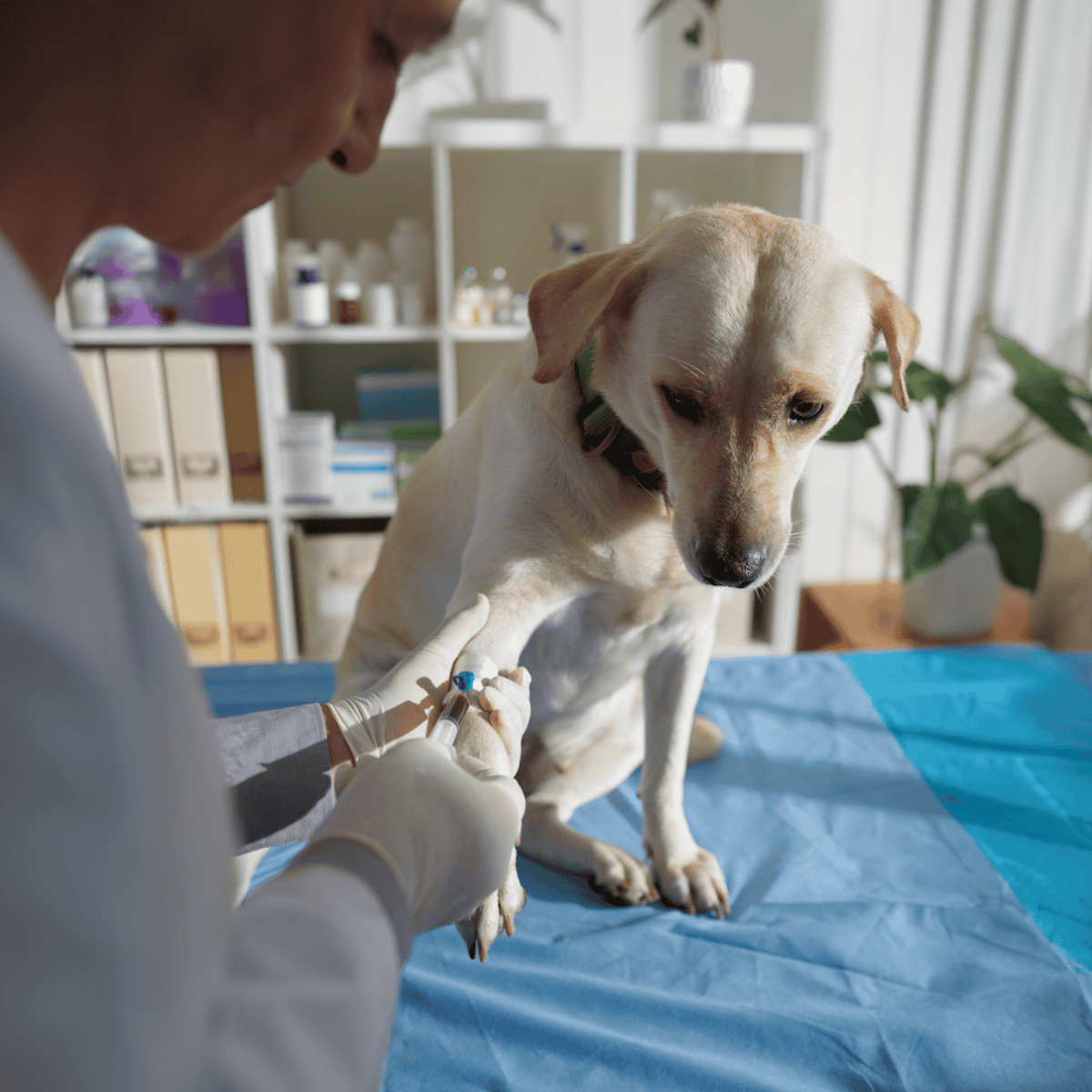
Bringing a fresh stool sample to the vet is also important. This helps in checking for parasites. If the dog might have eaten something toxic, the packaging can be useful to identify what they ingested.
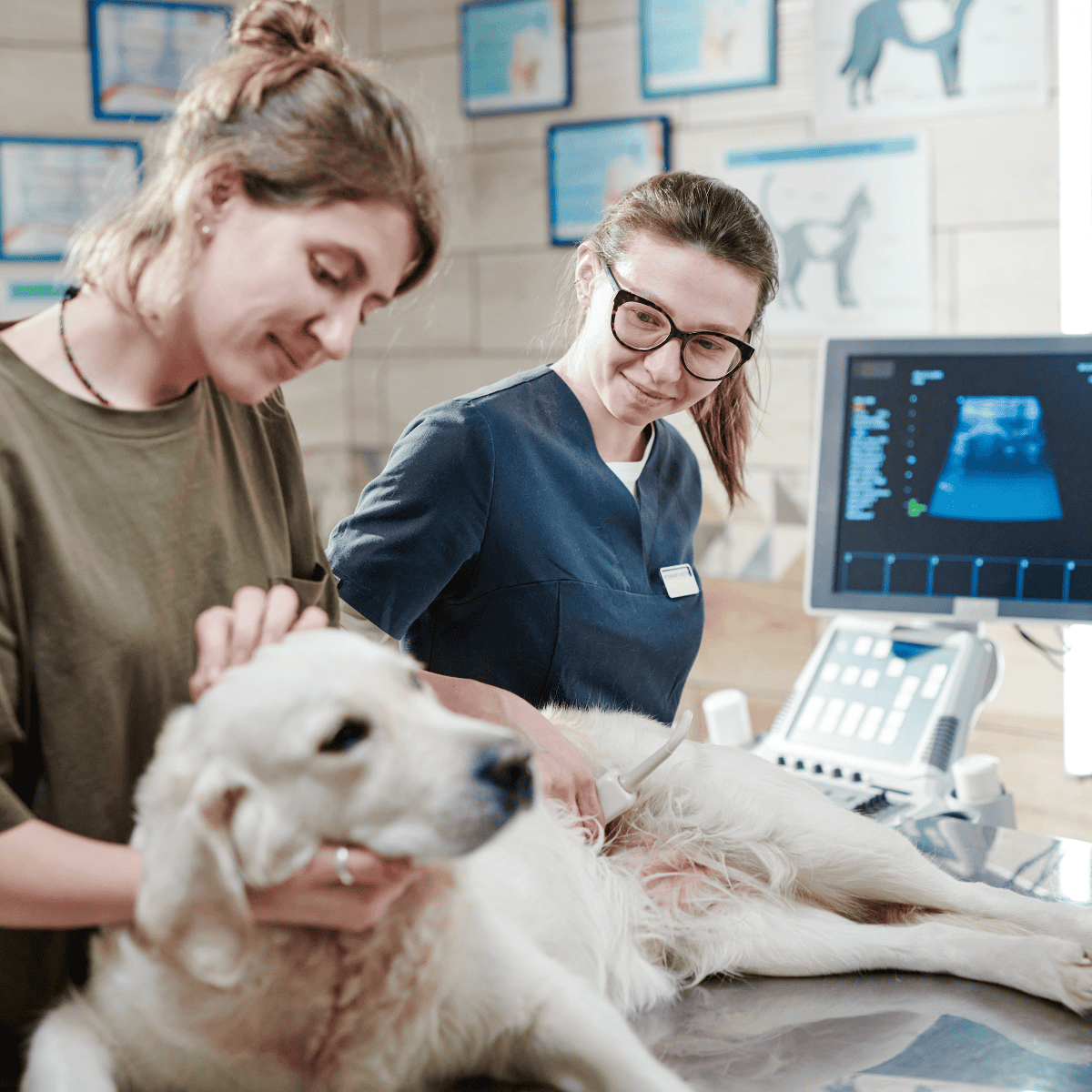
To find out what’s wrong, vets often use different tests. Blood tests like a complete blood count and chemistry panel are common. They may also check urine and stool for unusual bacteria. Sometimes, an X-ray or ultrasound of the abdomen is necessary to get a good look at the internal organs.
Tests might reveal conditions like parvovirus or salmonellosis if specific issues are suspected. If initial tests don’t provide answers and the dog is still unwell, more detailed methods, such as endoscopy or exploratory surgery, might be needed. These advanced procedures can help in diagnosing complex gastrointestinal problems.
Dog Stomach Trouble Solutions
If a dog’s stomach issues last less than 48 hours and they are still behaving normally, managing the problem at home is possible. Begin with a simple meal plan of plain boiled chicken and rice without any added flavours or oils.

For diarrhoea, fibre should be introduced to their diet through canned pumpkin puree or fibre supplements. Probiotics are another option to soothe stomach upset and support digestion.
When symptoms continue beyond 48 hours or worsen, professional veterinary care is crucial. Treatments include a variety of methods depending on the needs:
IV Fluids
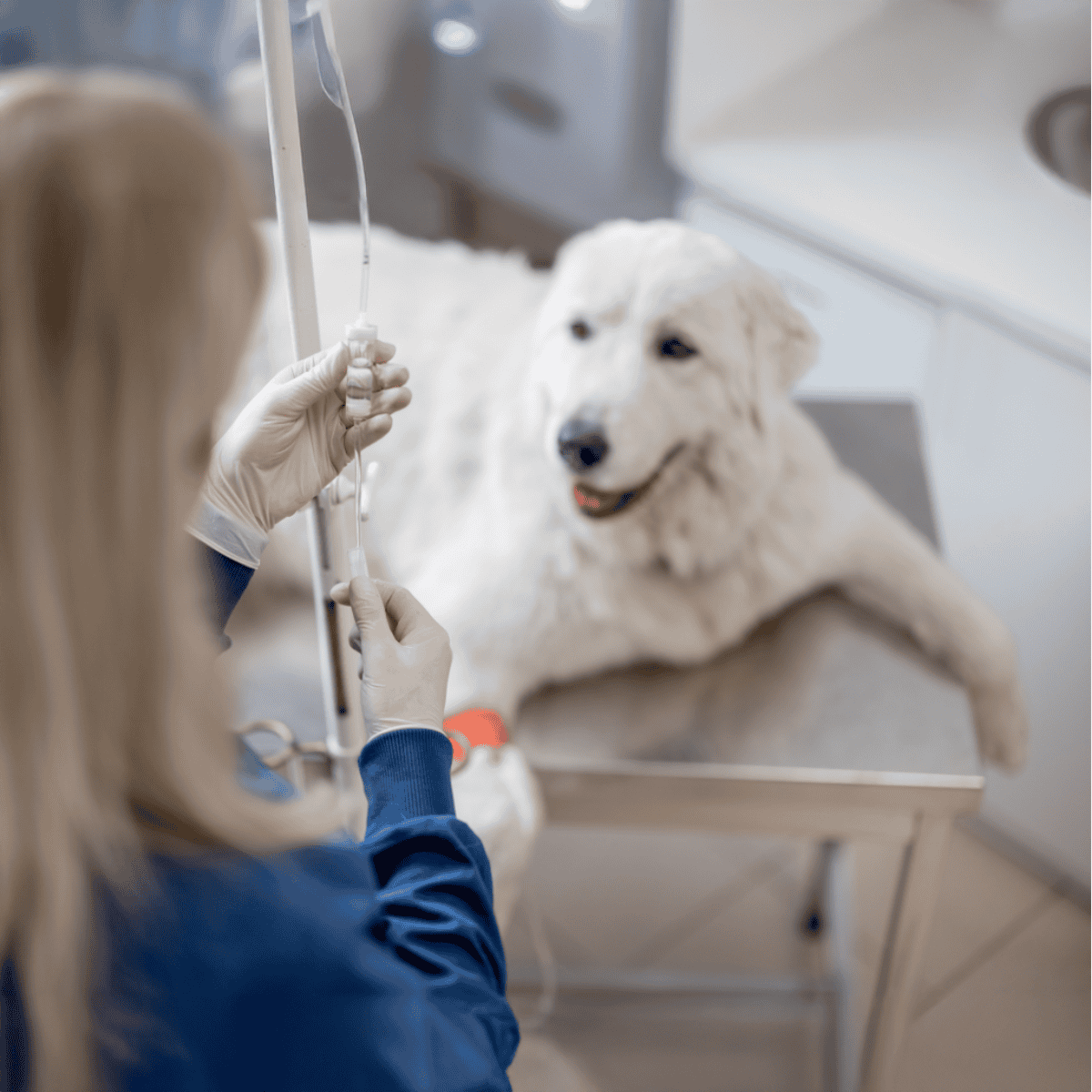
IV fluids are crucial for treating dehydration in dogs, especially those experiencing diarrhea and vomiting. Dehydration can lead to severe health complications, including reduced oxygen levels to vital organs and impaired muscle and nerve function. Administering IV fluids helps restore hydration and supports overall health in these situations.
Medication

Medications such as antibiotics for bacterial infections, anti-nausea medications like Cerenia®, and antacids such as omeprazole may be prescribed. It’s essential for a veterinarian to identify the underlying cause of the stomach upset before administering any medications. Additionally, ensure that the correct medication is given at the right time to allow it to take effect effectively.
Probiotics

To support digestion and gut health. Supplements such as probiotics can be given to our dogs to help them recover normal digestive function. It would be better to consult first with the veterinarian for the proper administration of such supplements.
Pain Management
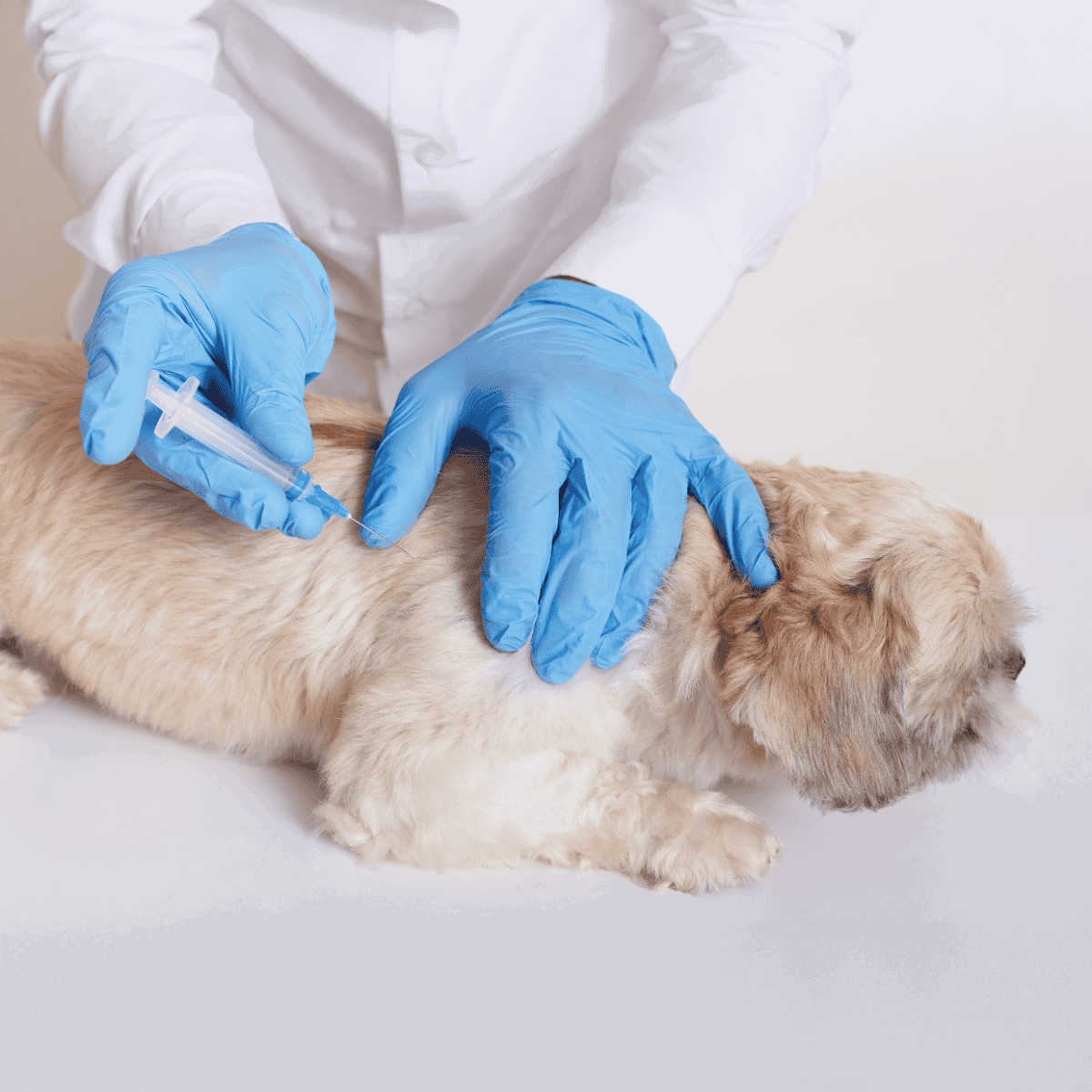
Pain management may involve either oral or injectable medications for dogs experiencing significant stomach pain. Pet owners should be aware of the potential adverse effects associated with pain medications and should administer them only under the guidance of a veterinarian.
Parasite Treatments
Deworming medications can be given if worms are causing an upset stomach. They can be given until your dog is fully cleared of parasites. Visiting the vet is necessary to check for the presence of parasites through a faecal exam or blood tests.
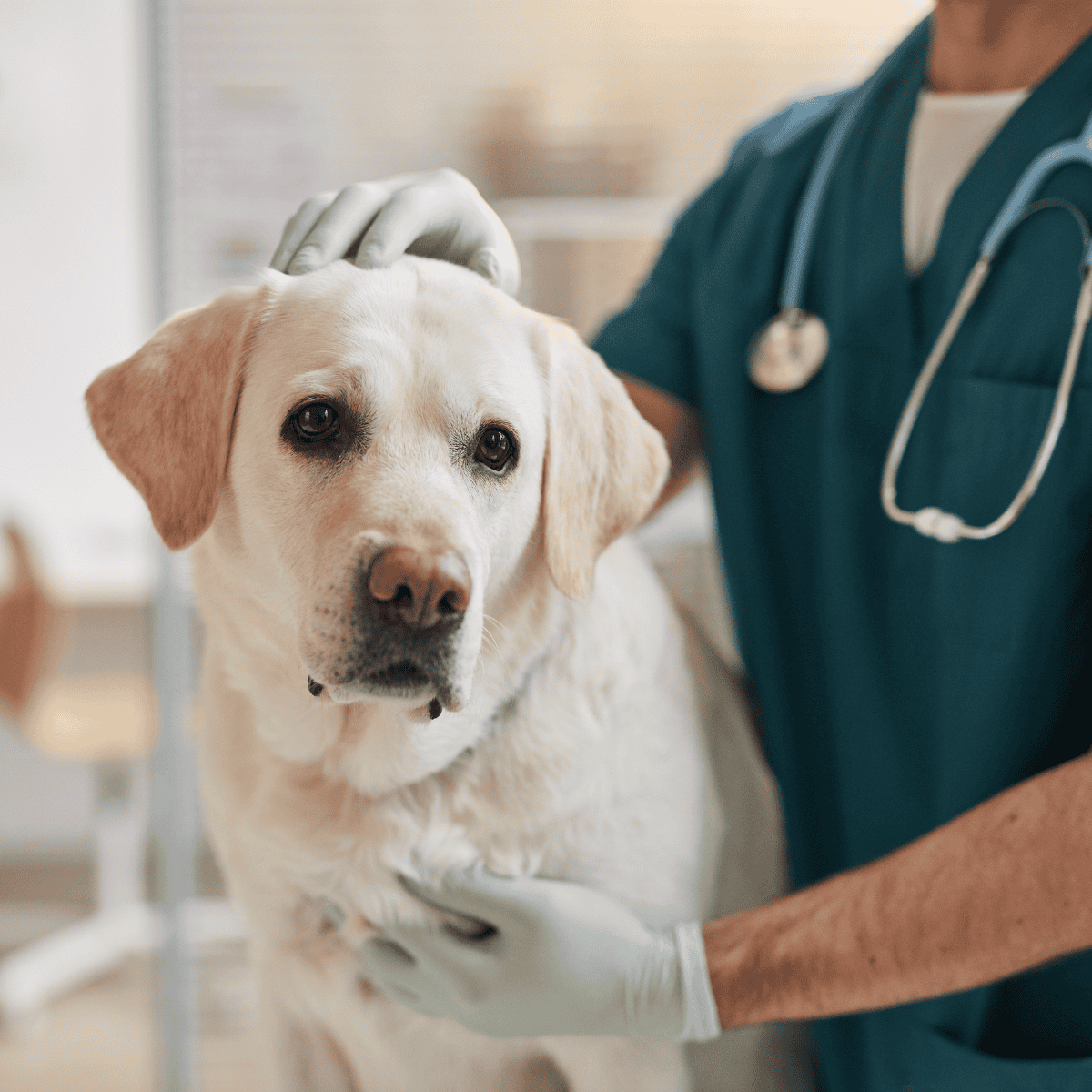
Veterinary advice might include fasting to let the stomach rest or, in severe cases, inserting a feeding tube to maintain nutrition. A special diet, like a low-fat option, could be necessary to support healing and might be continued for the long term if beneficial.
Surgery is sometimes required if a dog has swallowed an object, causing a blockage. For cases of toxin ingestion, induced vomiting or activated charcoal might be used. Each treatment is tailored to the dog’s condition and response to care, ensuring the best path to recovery.
Recovery and Management of Upset Stomachs in Dogs
Recovery from a dog’s upset stomach can take a span of days or weeks, influenced by what caused it. Some chronic issues, like inflammatory bowel disease, might need continuous care. This often includes treatments such as oral medications, probiotics, fibre supplements, and specialised diets.

While the dog is healing, it’s crucial to provide them with lots of rest and love. Regular short walks are recommended to prevent indoor accidents, but excessive activity should be avoided. Limiting interactions with other dogs and reducing rough play keep stress levels low. For those who eat quickly, a slow feeder bowl might be beneficial.
Preventing Upset Stomach
Dogs can have upset stomachs for many reasons. However, by focusing on their diet, exercise, and environment, these issues can be significantly reduced.
Proper Diet
A balanced diet is key for a healthy stomach. Dogs need food that meets their nutritional needs. High-quality commercial dog food often provides these nutrients. Check labels for the right balance of proteins, fats, and carbohydrates.
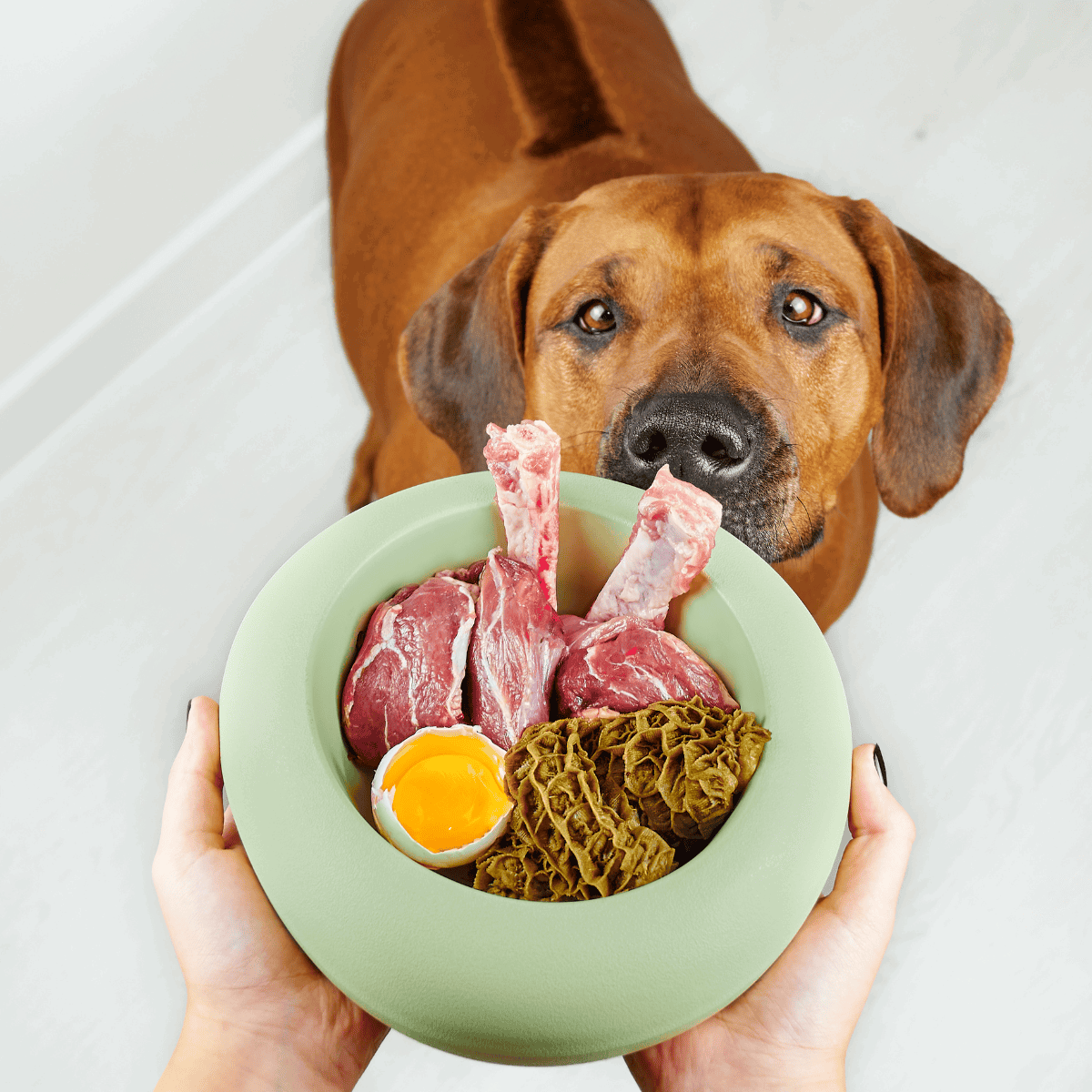
Avoid giving table scraps, as some foods can lead to an upset stomach. Chocolate, onions, and grapes are harmful and should stay away from a dog’s diet. Feed them consistent portions, avoiding sudden changes in type or brand of food. When switching foods, do so gradually over several days.
Fresh water should be available at all times. Dehydration may also affect digestion. By now, good feeding habits are clear and help keep dogs healthy.
Regular Exercise
Regular exercise promotes a healthy digestive system. Daily walks and playtime are great ways to keep a dog active. It aids in digestion and helps maintain a healthy weight.

Varied activities prevent boredom, offering both mental and physical challenges. Exercise can include walking, running, fetching, and even swimming. Gradually increase the intensity and duration of activities to match the dog’s age, breed, and health status.
Dogs that do not get enough exercise might face weight issues, leading to digestive troubles as extra weight puts pressure on their organs. Keeping them active is crucial for a strong and efficient digestive system.
Avoiding Toxins
Toxins are harmful and can cause stomach upset in dogs. Household items like cleaners, pesticides, and medications must be kept away from pets. Even some outdoor plants like lilies and azaleas are toxic if ingested.
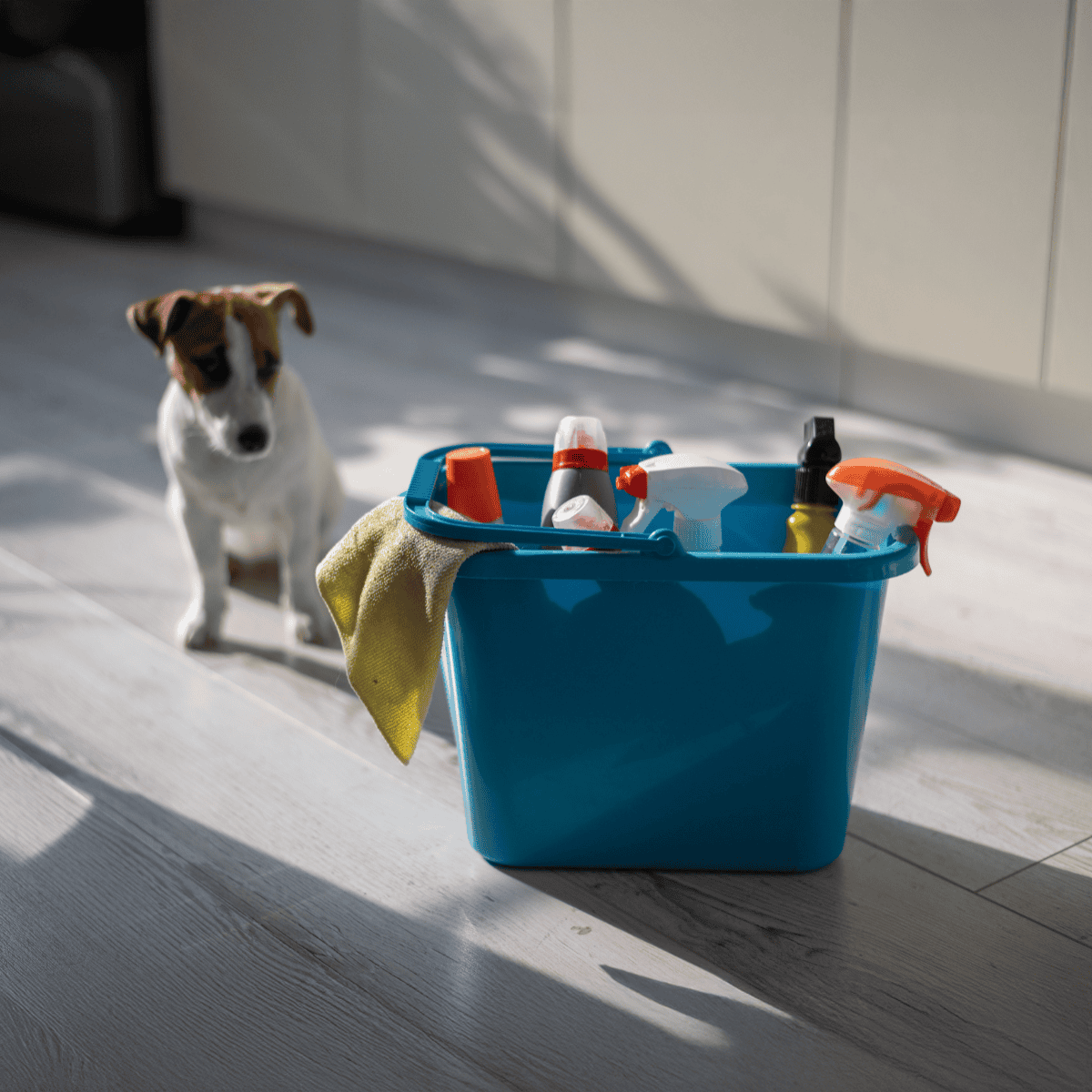
Store these items high on shelves or inside cabinets where dogs cannot reach them. Make sure to clean up chemical spills right away. Use pet-friendly products when possible, ensuring the safety of your four-legged companions.
While outside, monitor dogs closely. They might eat harmful substances unknowingly, which can lead to digestive problems. Being vigilant about avoiding toxins keeps dogs healthy and lessens the chances of an upset stomach.
The Role of Probiotics
Probiotics are live bacteria and yeasts that are beneficial for dogs’ digestive systems. These microorganisms help balance the gut flora by promoting the growth of healthy bacteria. This makes the digestive process smoother and can reduce symptoms of an upset stomach.

Probiotics have benefits including improved digestion and a stronger immune system. They may help with diarrhoea and reduce the risk of infections. Dogs that take probiotics might experience fewer digestive problems.
Yoghurt and kefir are examples of natural sources of probiotics, as long as they do not contain added sugars or artificial sweeteners. It’s important to consult with a vet before adding these to a dog’s diet.
Forms of Probiotics
Probiotics are supplements that can help your dog when they have an upset stomach. These supplements come in different forms such as powders, capsules, and even in treats. Powders are easily mixed with food and can be given to dogs when you have a hard time giving them in capsule form.
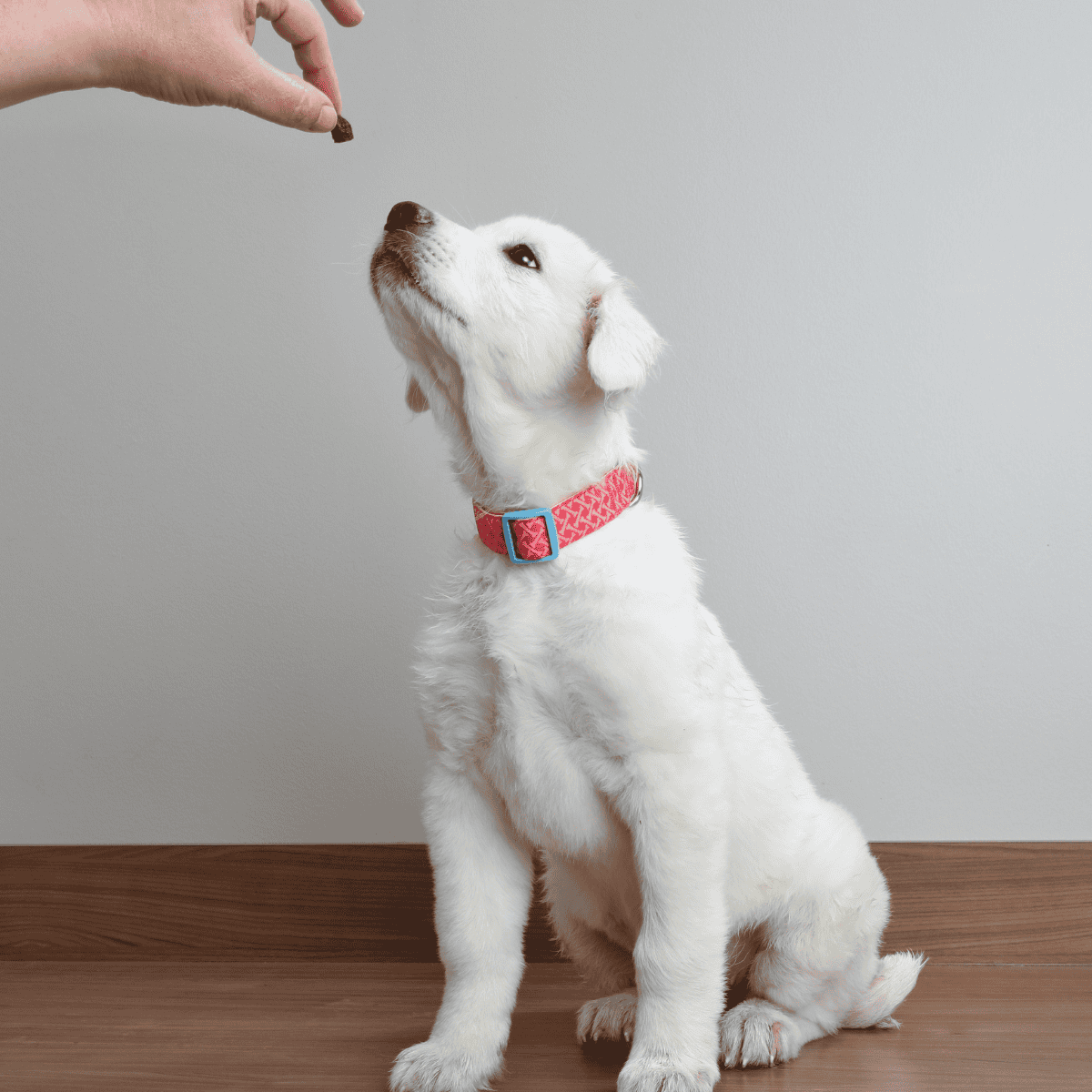
Capsules can be given directly through their mouth. Some dog treats also contain probiotics. Each form offers different advantages, so choosing the right one depends on your dog’s preferences and needs.
Considerations
When giving probiotics, it is vital to choose a product specifically designed for dogs. Human probiotics may not be safe for canine consumption. Monitoring your dog’s response is important to ensure any positive or adverse effects are noted. Consulting a vet can offer personalised advice on the best probiotic type and dosage for a dog.

Complications Associated with Upset Stomach
If not addressed properly, upset stomachs in dogs can lead to significant health issues. Dehydration and chronic conditions are some risks that may arise from prolonged digestive problems.
Dehydration
Dehydration occurs when a dog loses more fluids than it takes in. It’s a common risk when a dog has diarrhoea or vomiting. Dogs depend on water to maintain body functions like temperature regulation and nutrient transport. Lack of fluids can lead to serious problems.
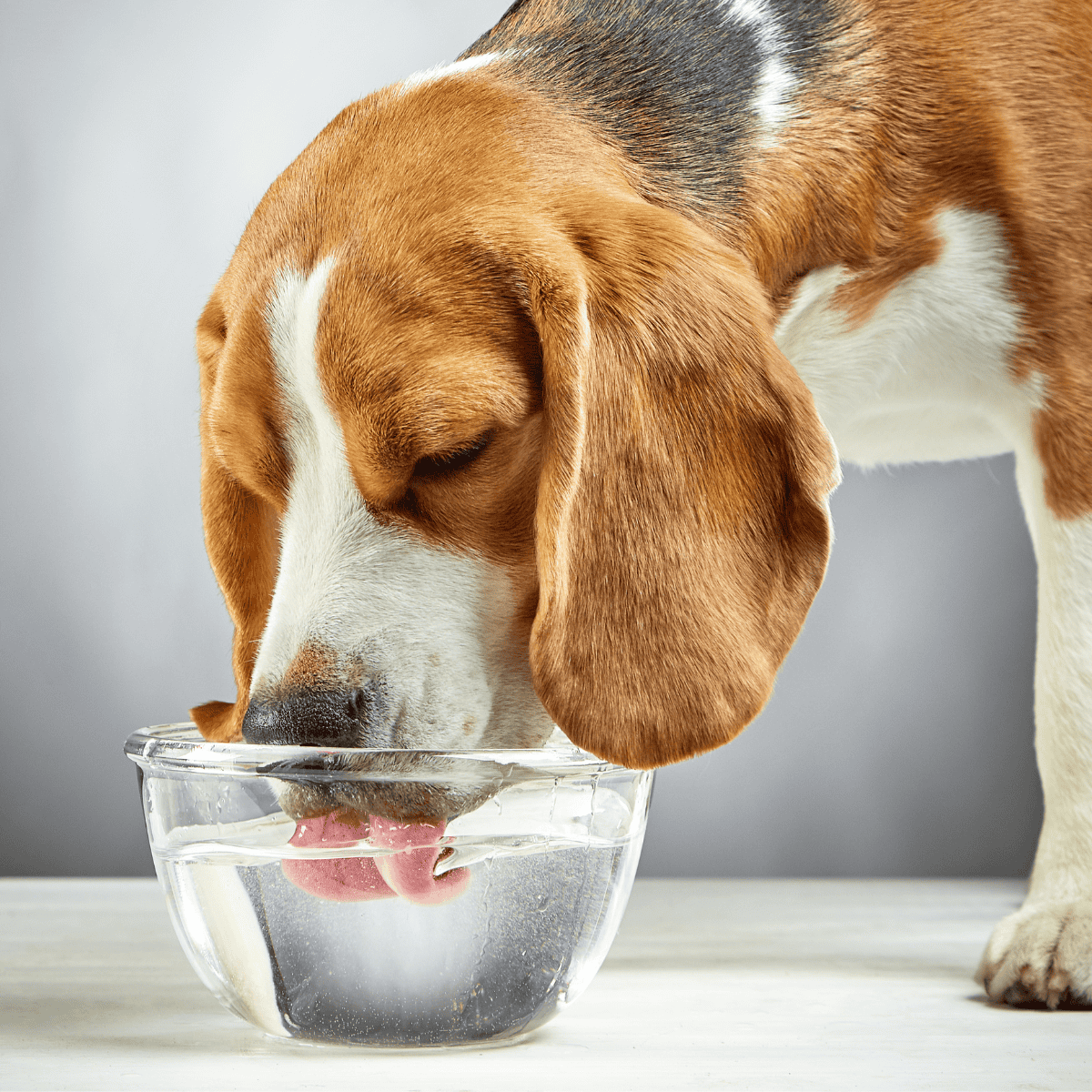
Signs of dehydration include sunken eyes, dry mouth, and lethargy. Immediate intervention is crucial. Veterinary care might involve fluid replacement therapies to restore balance. Owners can monitor water intake and offer electrolyte solutions to prevent this issue. Always ensure access to fresh, clean water.
Chronic Conditions
An upset stomach can lead to chronic conditions without timely treatment. Recurring stomach problems might result in long-term gastrointestinal diseases. Conditions like gastritis, pancreatitis, or ulcers may develop over time.
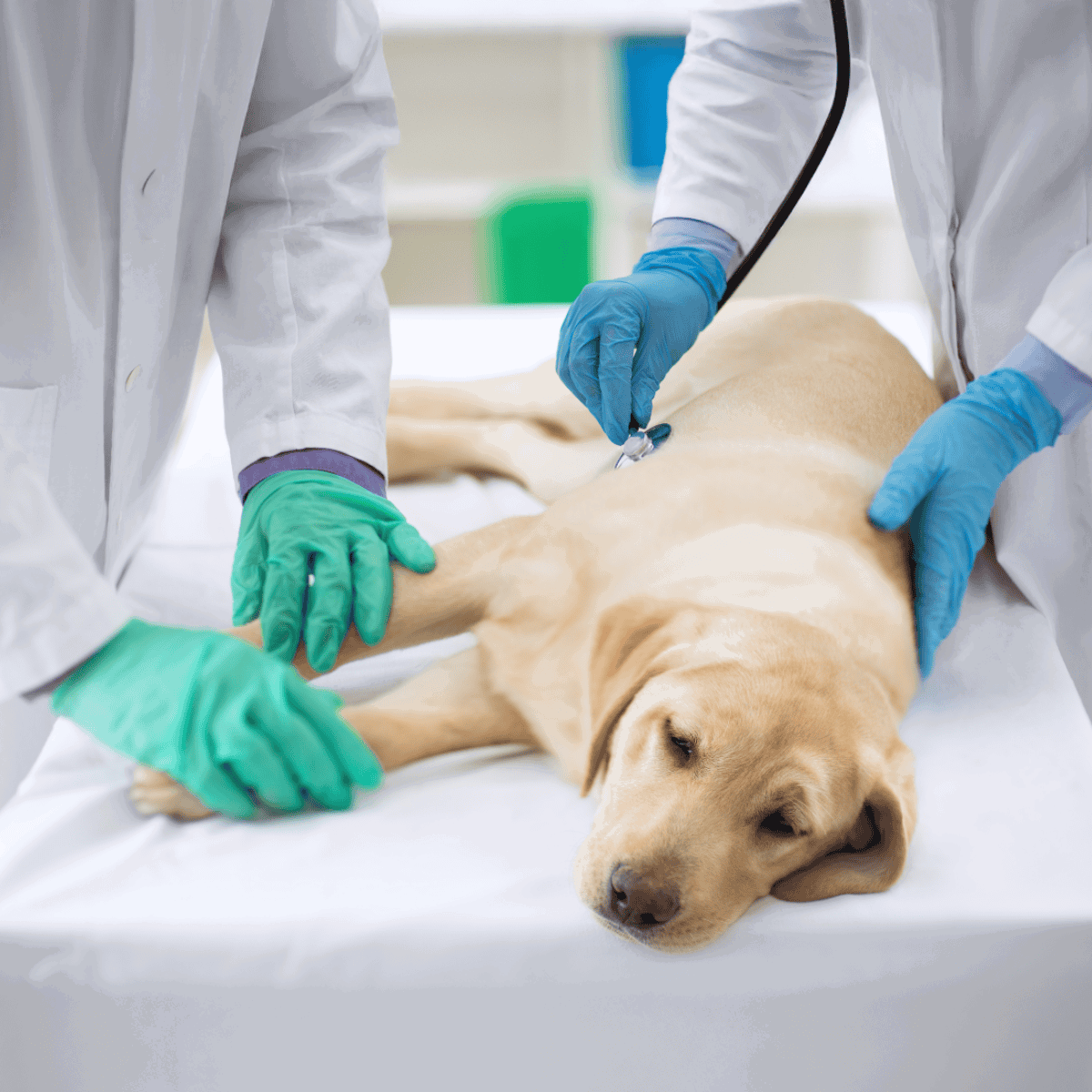
Dogs with chronic stomach issues often suffer from poor nutrient absorption. This can lead to weight loss, decreased energy, and other health problems. Managing these conditions requires ongoing veterinary care, which may include specialised diets and medications. Regular check-ups help track the dog’s progress and adjust treatments as needed.
Supporting Your Dog During Recovery

When a dog is recovering from an upset stomach, providing a calm and comfortable environment is important. Make sure their resting area is quiet and free from any disturbances. Soft bedding can help them relax and promote healing.
Hydration
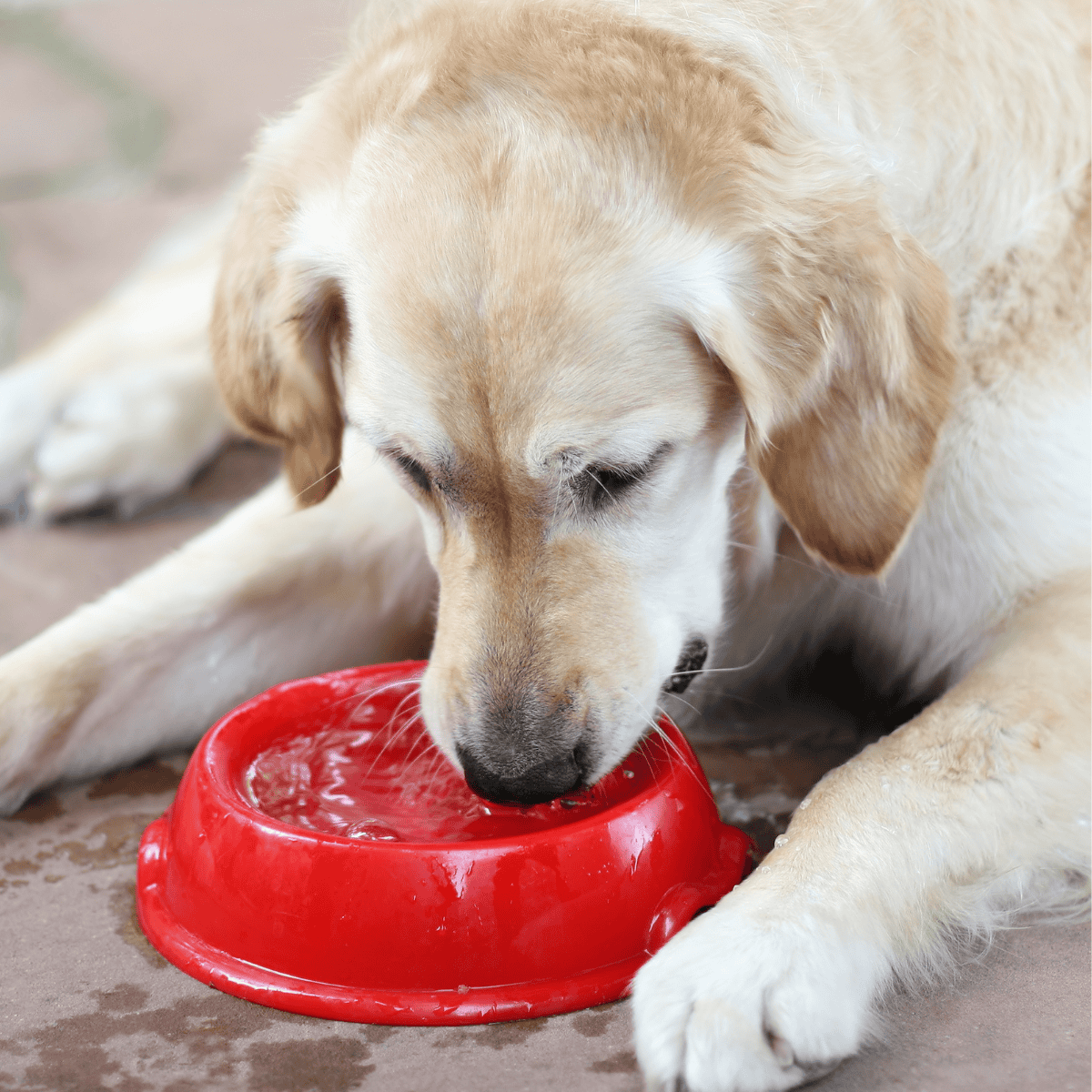
Hydration is key for recovery. Ensure that your dog has access to fresh water at all times. Sometimes, dogs may appreciate ice cubes, which can encourage them to drink more slowly.
Diet
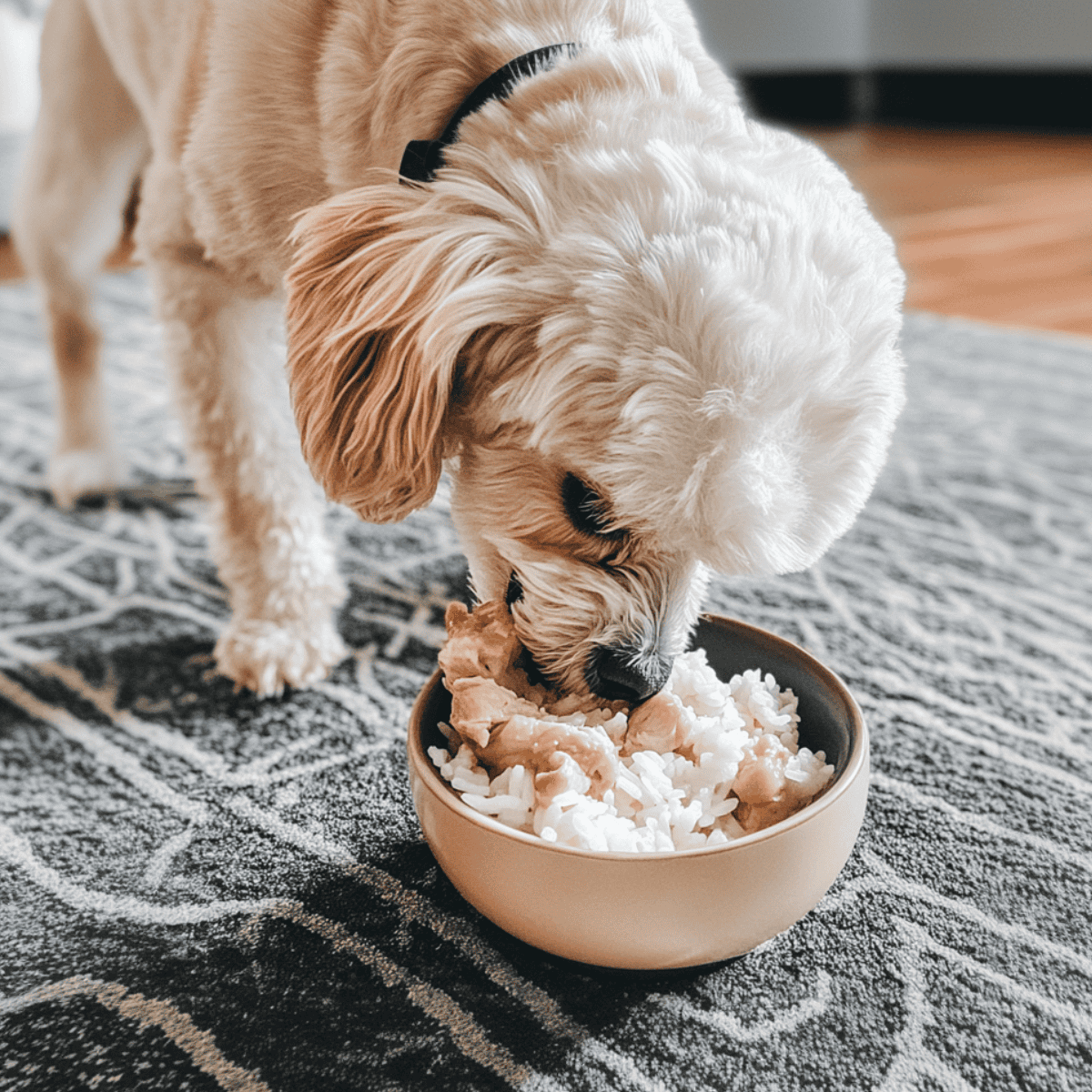
Diet plays a crucial role in recovery. Feed your dog a bland diet like boiled chicken and rice. Serve small, frequent meals instead of one large meal. This helps the dog’s stomach digest food easily.
Gentle Activity
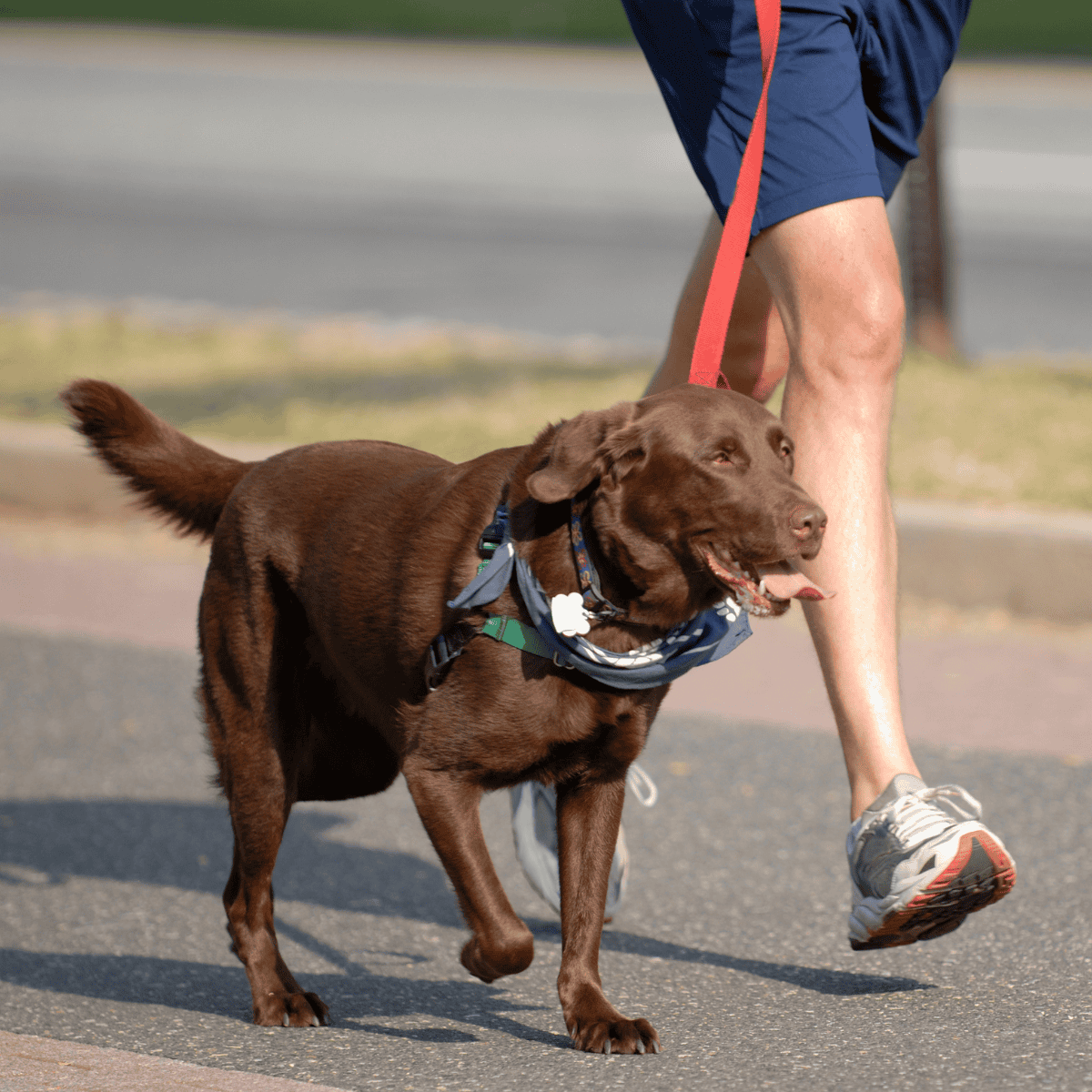
While it’s important for your dog to rest, light walks can help with digestion. Avoid vigorous play or exercise until they’re feeling better.
Medications and Advice
If a vet has prescribed medication, follow the instructions closely. Do not give your dog human medications, as they can be harmful.
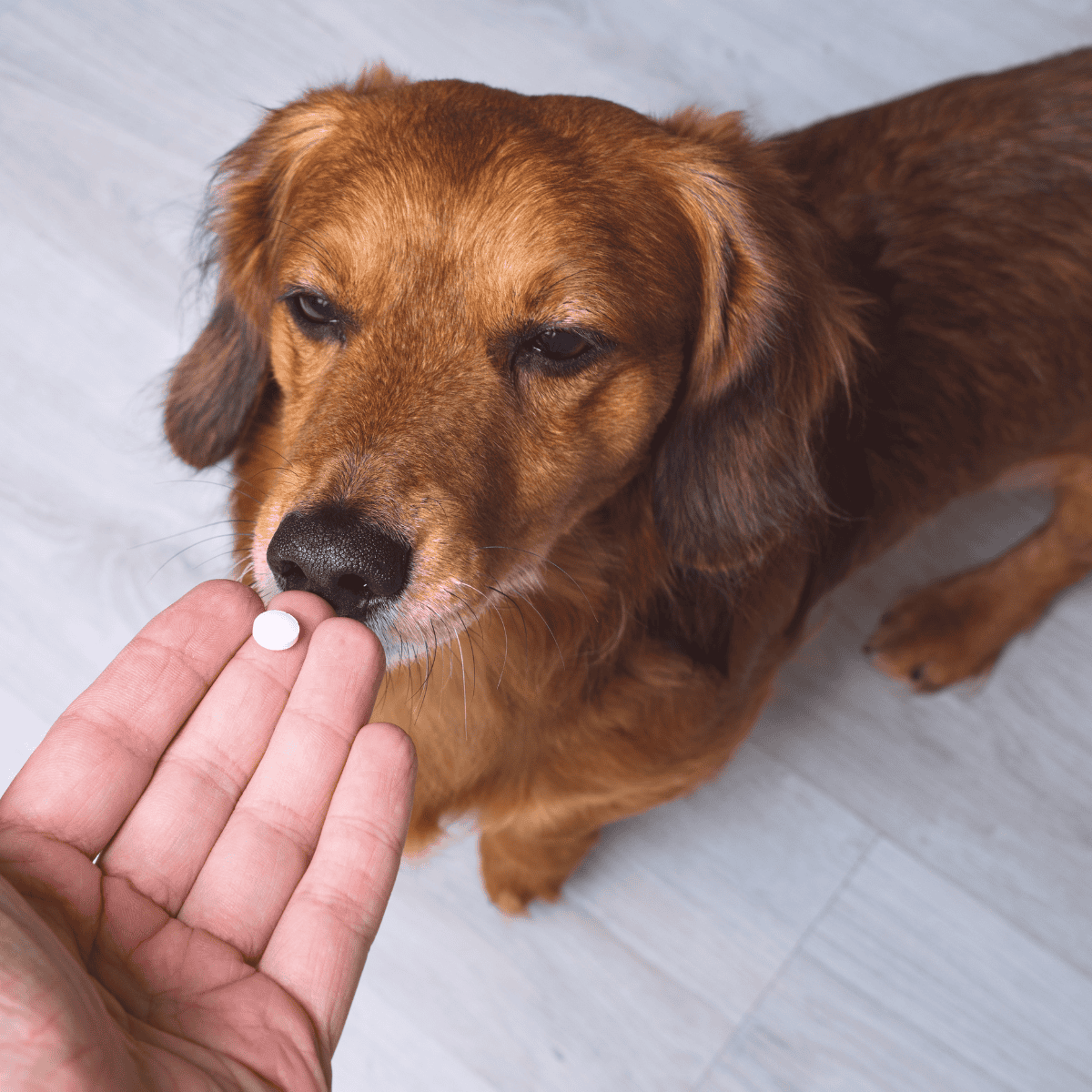
Observe your dog’s behaviour closely during recovery. Keeping a journal can help track changes in their health and behaviour. Record their food intake, water consumption, and any unusual signs or symptoms. Being patient and attentive can make a big difference in your dog’s recovery.
Frequently Asked Questions About Ill Dogs With a Stomach Ache
What Positions Do Dogs Choose When They Have a Sore Stomach?
When dogs have a stomach ache, they often find it hard to get comfortable and stay in one spot. You might see them stretching out a lot, with their front legs reaching forward on the ground while their back legs remain standing.

This position might help them ease some of the pain in their belly. If you notice your dog doing this, it may be experiencing discomfort and could benefit from a vet visit.
How will I know if my dog’s stomach is painful?
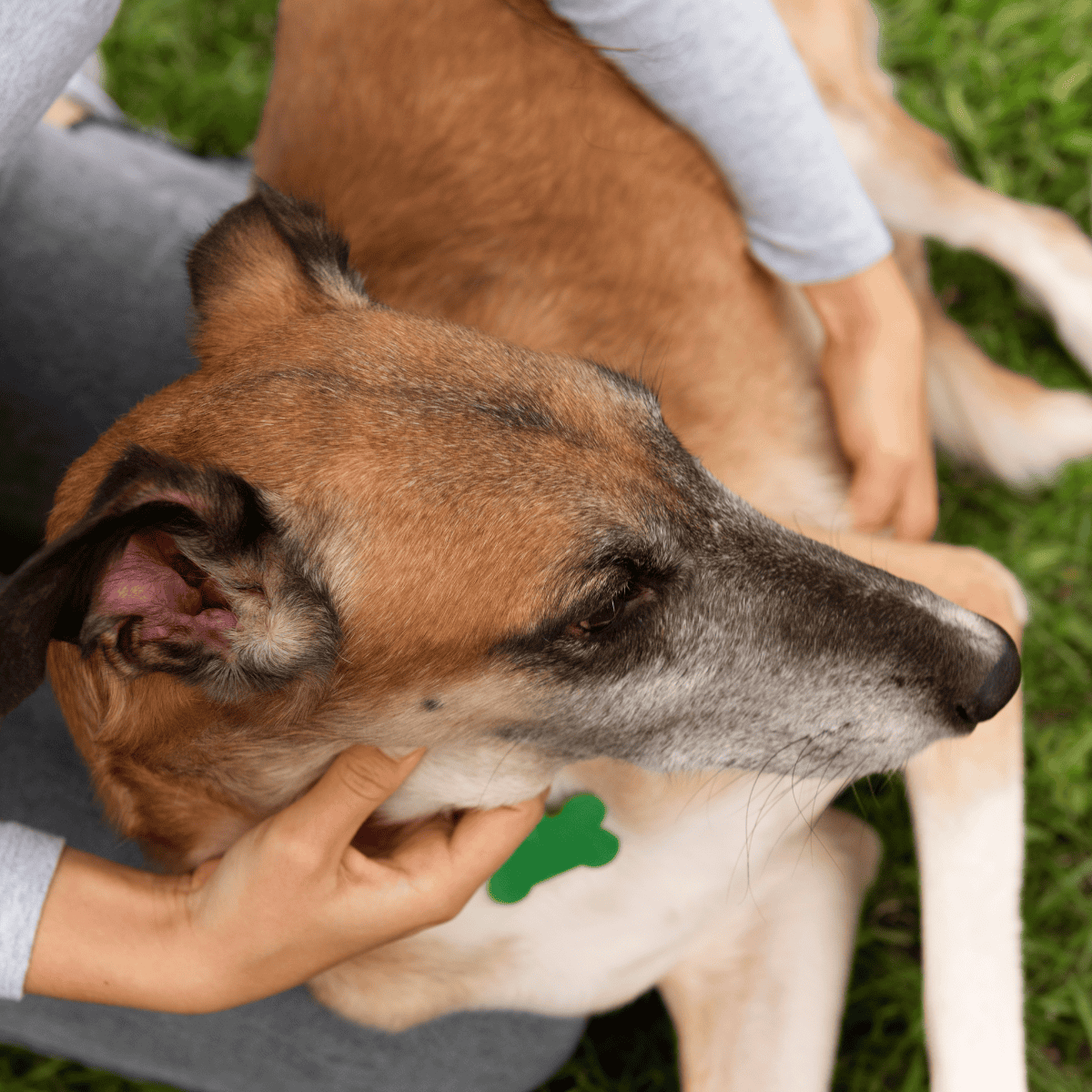
Dogs would usually vocalise if their stomach is painful. You can try gently touching their stomach and belly to assess this. If the area around their stomach is sore, they might growl or whimper upon touching.
They can also bite your hand if this happens so it is important to be careful when doing this. Other symptoms accompanying this are usually observed such as a change in their behaviour and with your dog becoming less active.
